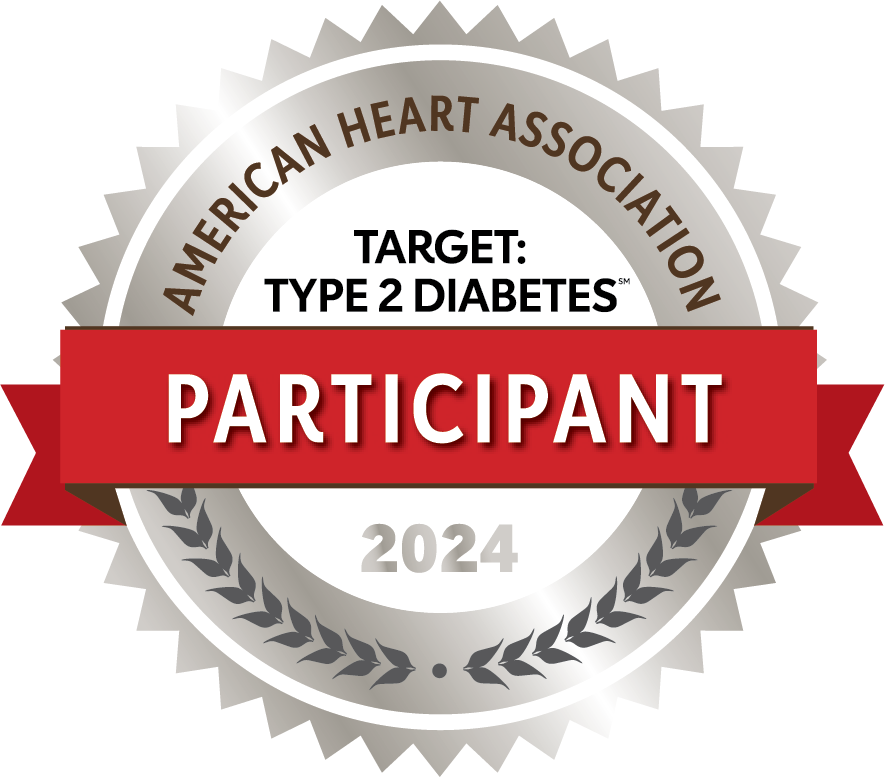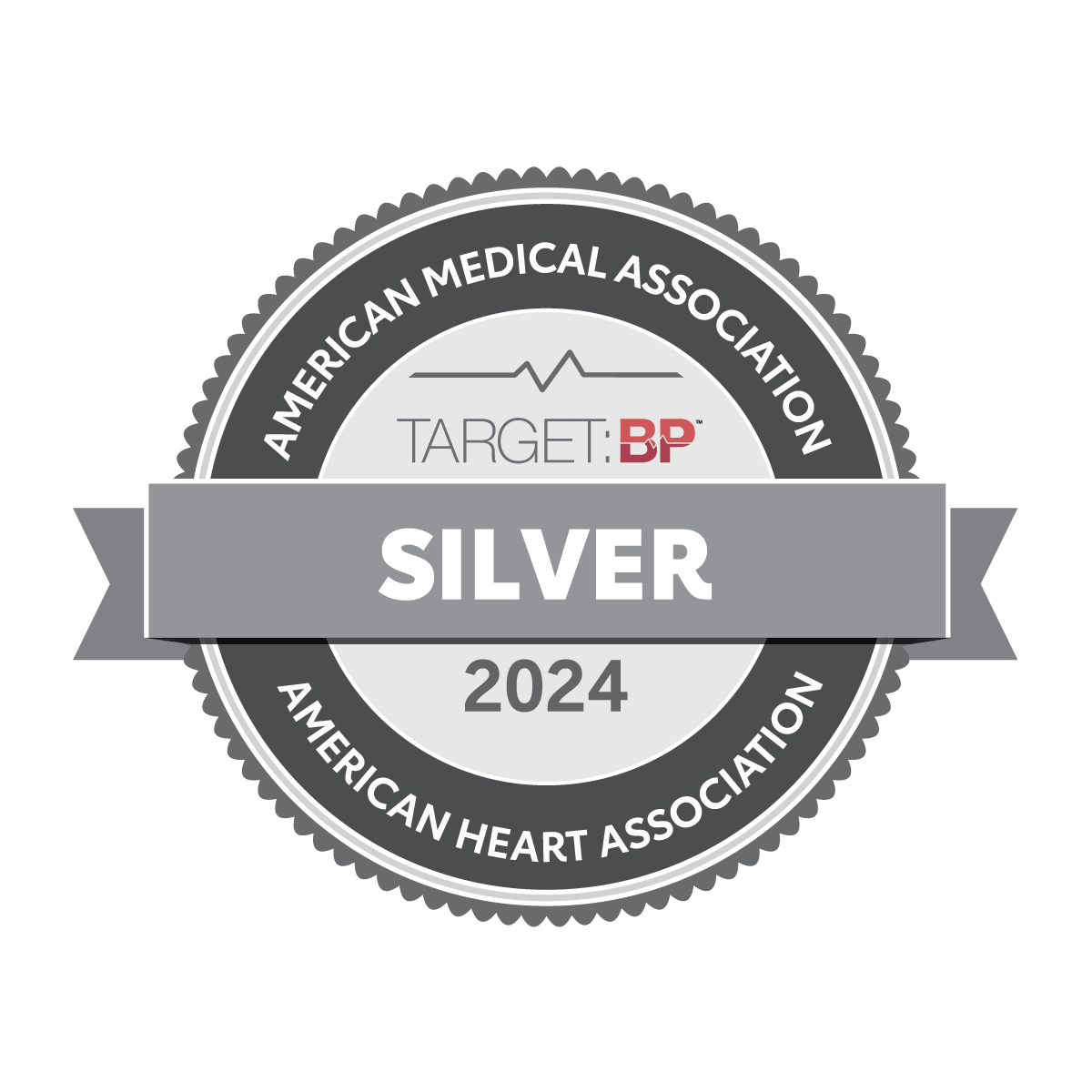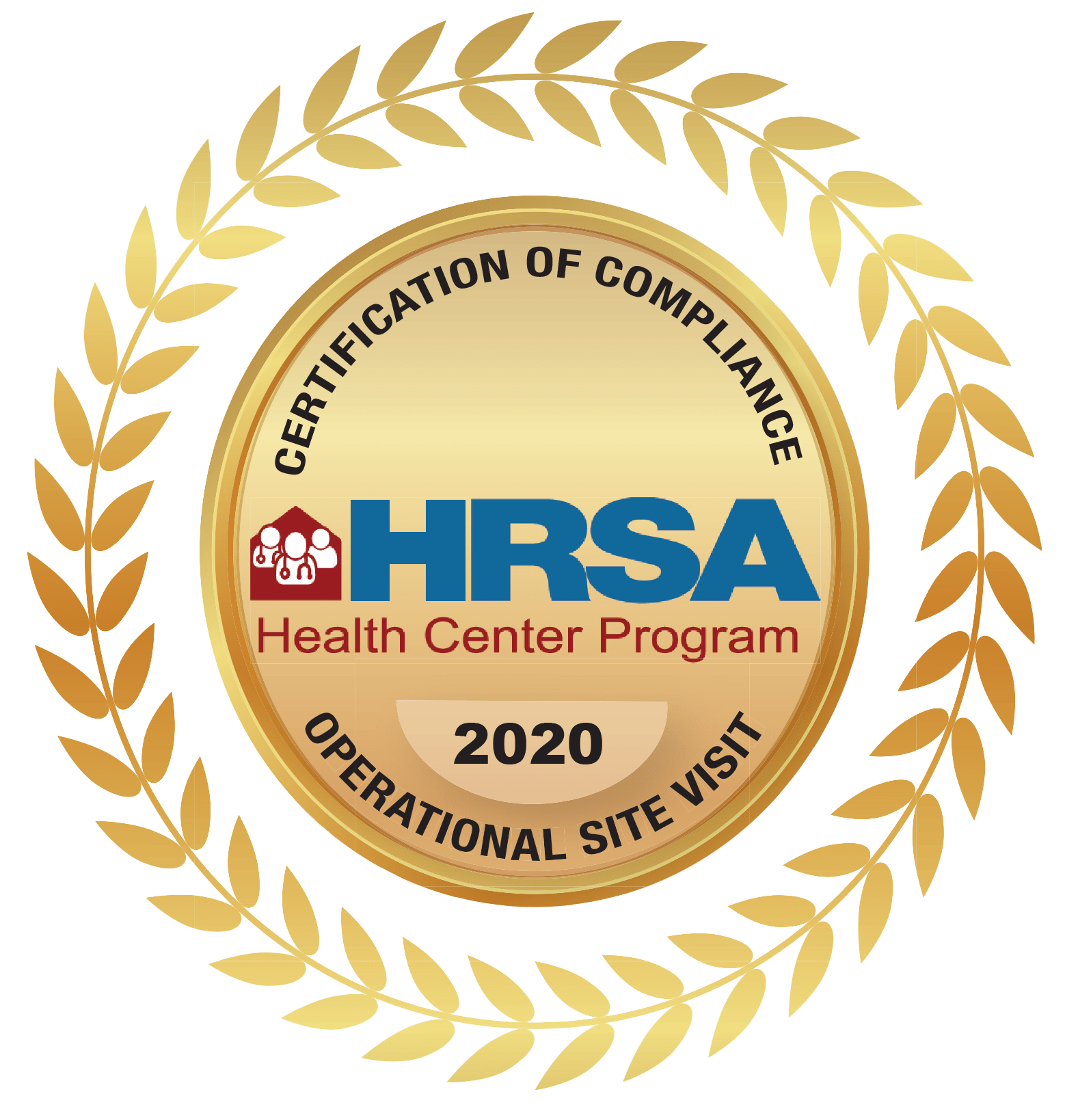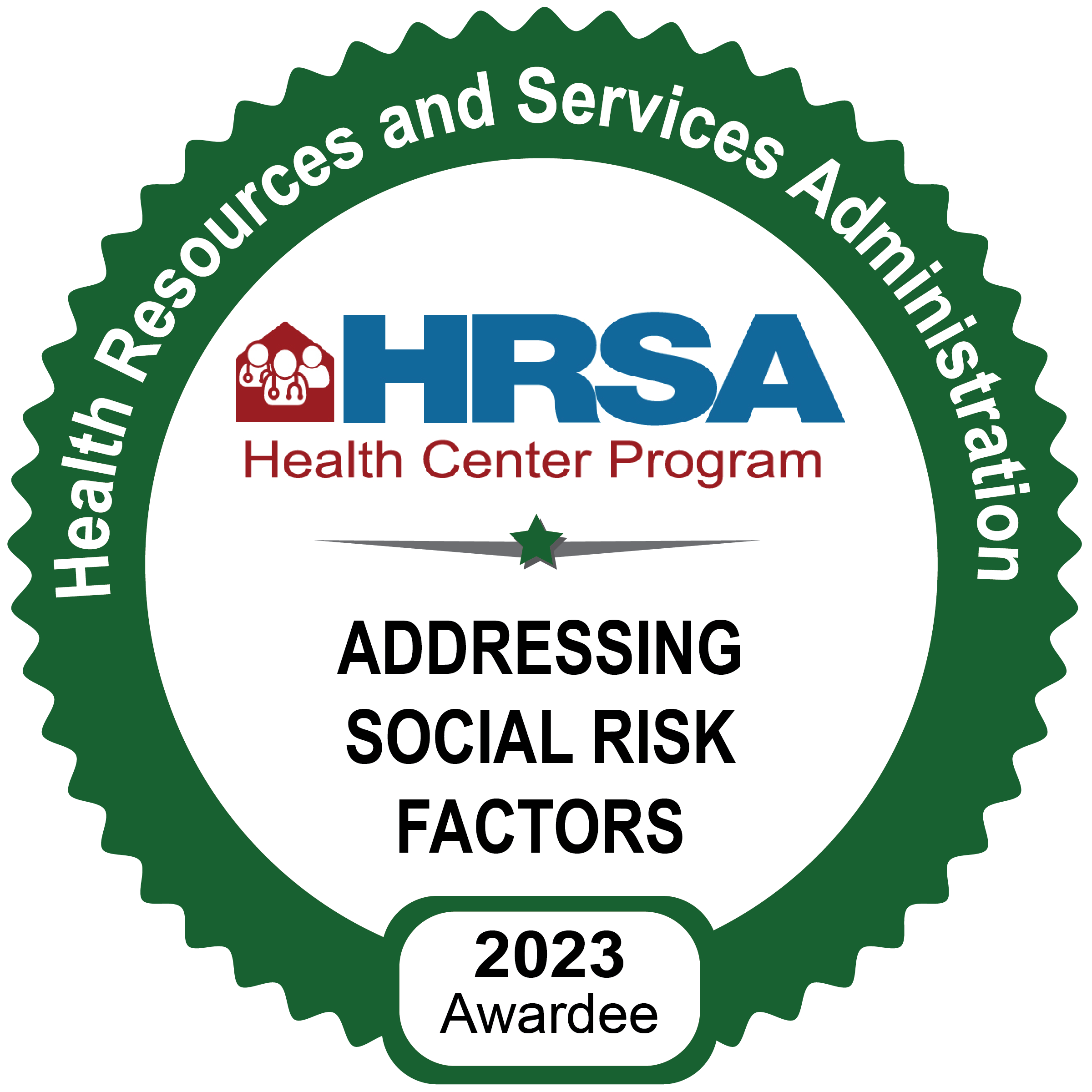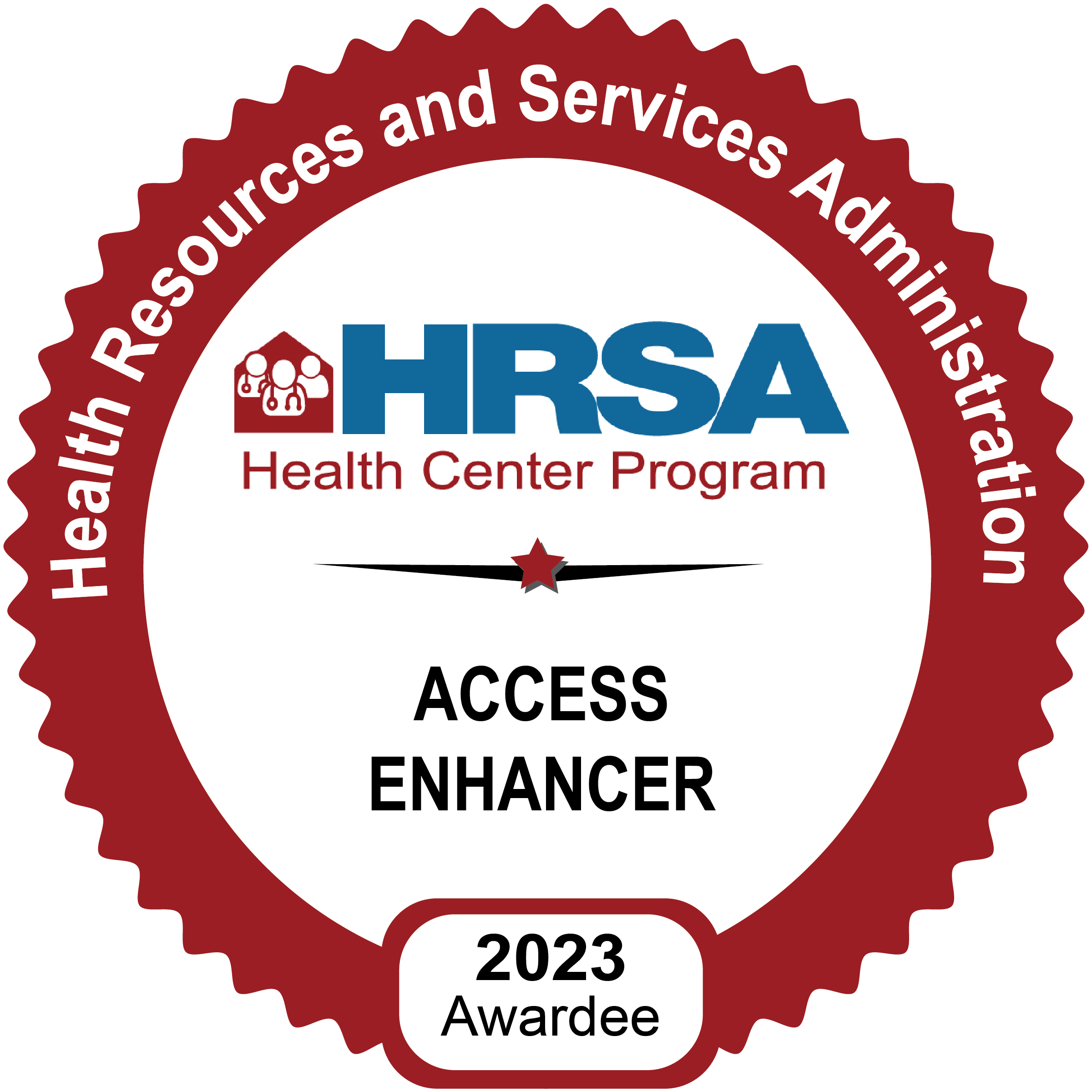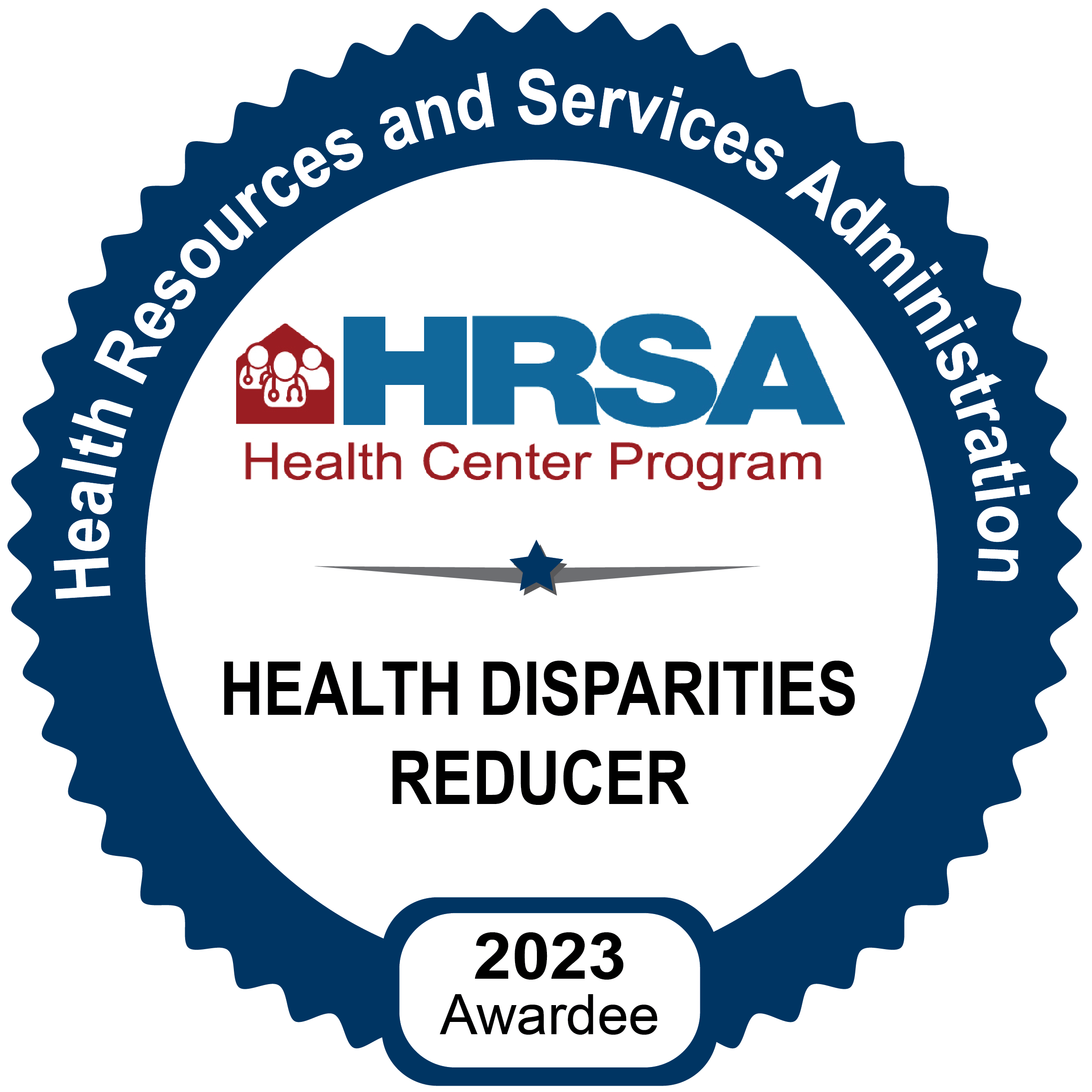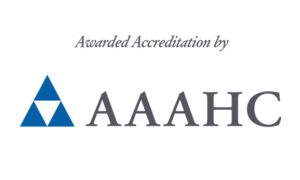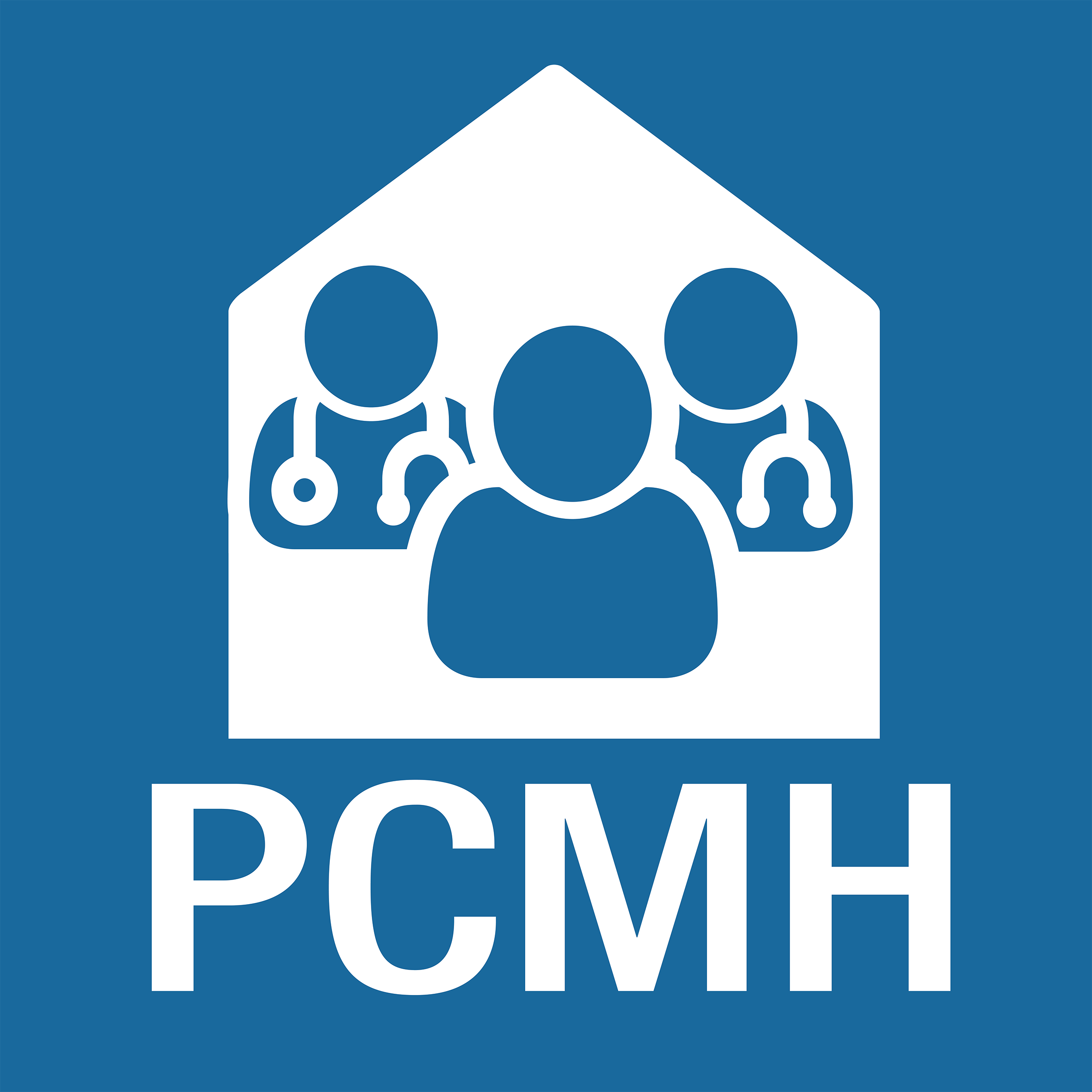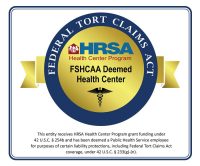What can patients do to limit the development of antibiotic resistance in a health care environment?
When patients are in a health care environment, they can help stop antibiotic – resistant bacteria spreading by cleaning their hands. Here are some examples of when:
- before touching their own wound dressing or IV line site;
- after touching other patients;
- after using the toilet.
Patients can also work alongside their health-care providers, by politely asking if they have cleaned their hands before touching them and before a clean task.
The World Health Organization (WHO) has a document on this here:
http://www.who.int/gpsc/5may/5may2013_patient-participation/en/
Recognized around the globe each year on May 5, the World Health Organization (WHO) campaign shines a light on the role of hand hygiene in combatting infection. Adherence to proper hand hygiene recommendations from the WHO and Centers for Disease Control and Prevention (CDC) is an excellent way to prevent the spread of germs.
To protect ourselves from the threat of drug-resistant germs, we must aim to decrease the transmission of disease-causing organisms – in our homes, our communities, our workplaces, and in healthcare settings – and the key element to do so is improved hand hygiene!
Supplies we have at the point of care access: alcohol-based handrub and continuous water supply, soap and paper towels!
According to the WHO, healthcare-associated infections (HAIs) affect hundreds of millions of patients worldwide each year and more than 1.4 million people globally become seriously ill from such infections. In the U.S., more than two million people acquire infections that are resistant to antibiotics each year, and at least 23,000 people die as a result, according to the CDC.
As infections become resistant to standard medicines, healthcare costs can skyrocket from attempts to treat these illnesses with expensive therapies which usually entail longer, more complex hospital stays.
To combat this, healthcare providers must concentrate on proper hand hygiene as the most effective way to reduce the risk of acquiring an infection, including those resistant to treatment.
Please wash your hands or use hand sanitizer!!!
Source: DebMed and WHO


